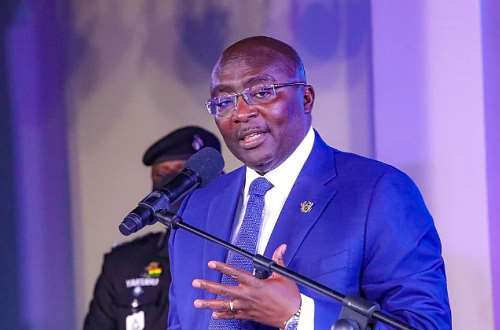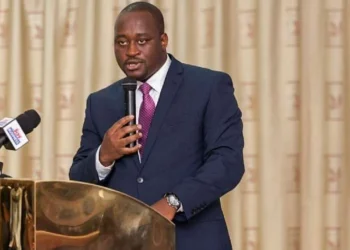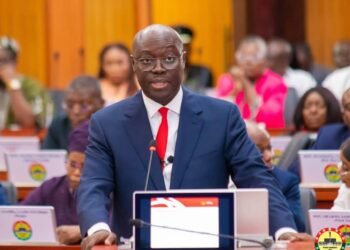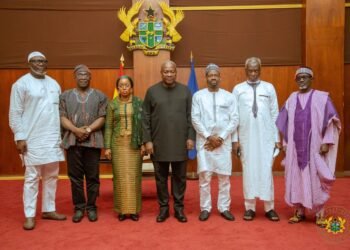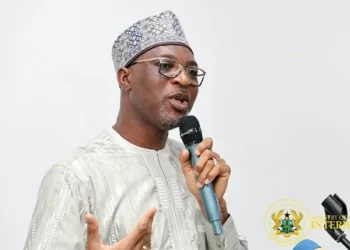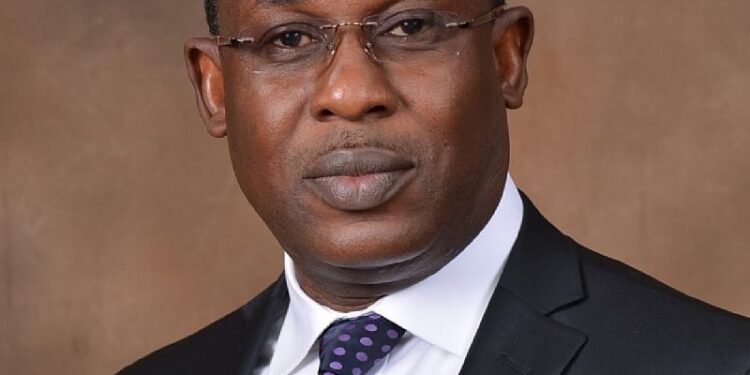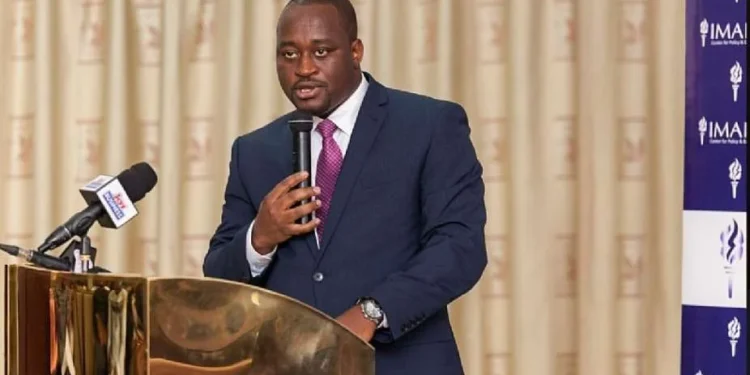Ghana, like many other developing nations, faces significant challenges in its energy sector. Insufficient power generation, unreliable distribution, and high electricity costs have hindered economic growth and impacted the well-being of its citizens.
However, Ghana has the potential to overcome these hurdles by leveraging solar power as a sustainable and reliable energy source.
Dr. Mahamudu Bawumia, the Flagbearer and leader of the New Patriotic Party (NPP), has pledged to leverage on solar power as part of his efforts to address the challenges in Ghana’s energy sector.
“We are going to provide 2000 megawatts of solar power which is about half Ghana’s consumption. The 2000 megawatts will help reduce electricity bills. Everyone is going to enjoy the benefit because it will help electricity prices come down significantly.”
Dr. Mahamudu Bawumia, Vice President
Ghana is located in a region with abundant sunlight throughout the year, making it an ideal location for solar power generation. The country receives an average of 5.5 kWh/m² of solar radiation per day, which is significantly higher than many other regions. By harnessing this solar potential, Ghana can diversify its energy mix and reduce its reliance on fossil fuels.
The Vice President explained that the 2,000 megawatts of solar power would contribute to a substantial decrease in electricity prices, benefiting everyone in the country.
The government, private sector, and international partners must collaborate and invest in solar infrastructure to unlock the full potential of solar power in Ghana.
Solar Energy, to Reduce Electricity Cost
One of the major advantages of solar power is its ability to lower energy costs. Ghana’s traditional energy sources, such as hydro and thermal power, are subject to price volatility due to fluctuating fuel prices and maintenance costs.
Solar power, on the other hand, offers a stable and predictable energy source, eliminating the risk of price hikes. By investing in solar infrastructure, Ghana can reduce the cost of electricity, making it more affordable for businesses and households.
He made this promise during an engagement with members of the informal sector through a forum organized by the Council of Indigenous Business Associations (CIBA).
The NPP Flagbearer in answering queries from the various groups associated with the council emphasized that this will help to make electricity affordable for all Ghanaians, leading to a reduction in electricity bills.
Solar power offers a clean and renewable energy source, contributing to Ghana’s efforts to combat climate change and reduce its carbon footprint. The country has made commitments to reduce its greenhouse gas emissions under the Paris Agreement.
By embracing solar power, Ghana can make significant progress towards achieving its sustainability goals. Solar energy production produces zero greenhouse gas emissions, reduces air pollution, and minimizes the environmental impact associated with traditional energy sources.
He added that Ghana’s energy sector needs an uninterrupted power supply, a success story chalked, adding that recent challenges have an overwhelming challenge on the economy.
Furthermore, Bawumia has expressed his willingness to collaborate with CIBA to enable businesses to register without stress and has noted that 660 million Ghana cedis from the World Bank and the Mastercard Foundation have been allocated to support Indigenous Businesses.
He has also assured the Ghana National Association of Traditional Healers that once the Food and Drugs Authority (FDA) certifies medicines produced by the group, he will ensure those medicines are registered under the National Health Insurance Scheme (NHIS)
“I’m introducing another initiative, which is passport acquisition. Since you’re all into business and travel a lot, the passport acquisition initiative will ensure you acquire a passport without any stress. With the support of the Ghana card, you just apply for the passport and make payment, then the passport will be ready for you.”
Dr. Mahamudu Bawumia, Vice President
Dr. Mahamudu Bawumia’s pledge to provide 2,000 megawatts of solar power and his commitment to easing passport acquisition for the business community and frequent travelers are part of his broader vision to support the informal sector and improve the overall economic and social conditions in Ghana.
Ghana’s energy sector issues can be effectively addressed by harnessing the power of solar energy. By leveraging its abundant solar potential, Ghana can reduce energy costs, achieve energy independence, create jobs, promote local economic development, and contribute to environmental sustainability. With a strategic focus on solar energy, Ghana can pave the way towards a brighter and sustainable future.
READ ALSO: IPGG Calls For Immediate Halt Of Electricity Exports

